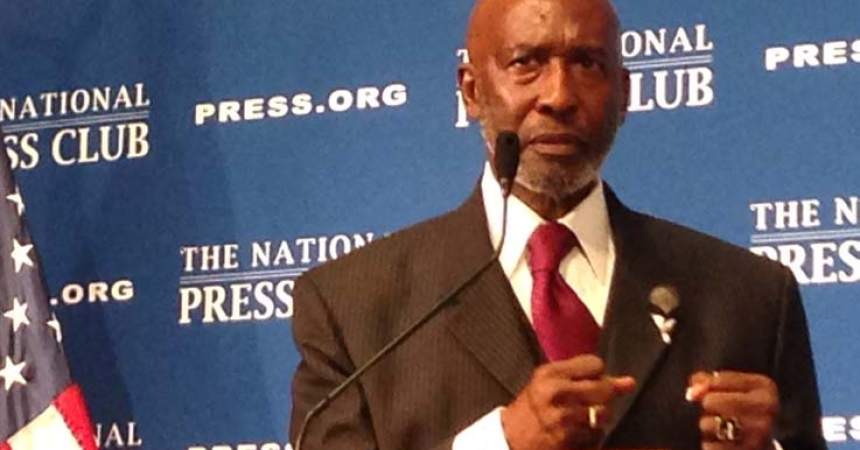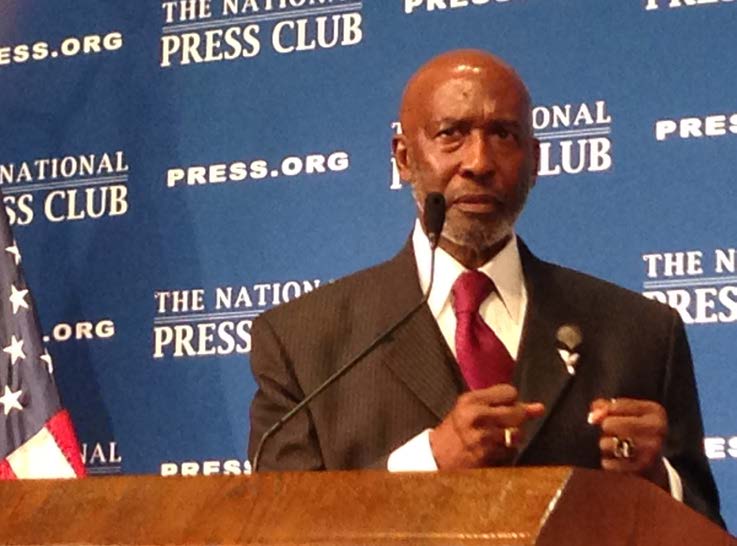
AME Church celebrates bicentennial at 50th Quadrennial Conference in Philadelphia
By Zenitha Prince
Trice Edney News Wire
Two centuries ago, former Delaware slave Richard Allen and other Black worshippers formed the African Methodist Episcopal Church in Philadelphia, fleeing discrimination in the segregated Methodist Church.
Today, the AME Church has membership in 20 Episcopal Districts in 39 countries on five continents. And, from July 6-13, thousands of those AME congregants will return to the birthplace of their denomination to celebrate its bicentennial during the 50th Quadrennial Session of the church’s general conference.
“It is a significant moment for us to gather in Philadelphia,” said the Rev. Ronald Braxton, Presiding Elder of the Washington Conference, “Two hundred years for an African-American institution to survive but to also be thriving is pretty significant.”
The bicentennial milestone will be a key focus of the conference and has already been celebrated at pre-conference activities, including the dedication of a Richard Allen statue at founding church, Mother Bethel AME in Philadelphia, a torch run from Delaware to Philadelphia and a Bicentennial Banquet at Pennsylvania Academy of the Fine Arts on July 5.
Beyond the anniversary festivities, luncheons, worship services and other opportunities to fellowship, the general conference is the forum where much of the church’s business is conducted.
A chief part of that business is legislating new church by-laws, debating religious, community and even political issues and deciding on official church positions on those matters. This year, conference delegates—who are chosen at the annual district conferences—will have to grapple with 402 pages of legislation.
“I’m hoping that the church will make good decisions as it relates to our role in our communities, that we become that instrument of change and the motivator of a new order so our communities can become stronger,” said Rev. Braxton, who heads the Second Episcopal District’s delegation.
With a presidential election underway, conference attendees will also likely address political matters such as get-out-the-vote efforts and new impediments to voting—although the church does not make official candidate endorsements. Candidates have been invited to address the gathering, however. And, while none have confirmed their attendance, Rev. Braxton said, “We have never had a conference where the Democratic candidate has not accepted our invitation.”
Perhaps the most exciting aspect of the quadrennial session, however, is the election of bishops and other officers. The elections process can be intense, with heavy campaigning leading up to the vote and much wheeling and dealing, sometimes to the last second.
This year, five bishops are retiring, including Bishop William DeVeaux, presiding prelate of the Second Episcopal District, which covers the Maryland-D.C.-Virginia area and Senior Bishop John Bryant, a native son of Baltimore. And, currently, 31 persons are vying for those five slots, including the Rev. Dr. Frank Reid III of Baltimore and the Rev. Dr. Harry Seawright of Prince George’s County, Md.
Of particular focus will be the dearth of women on the council of bishops. Bishop Vashti Murphy McKenzie, another Baltimore native who made history in 2000 when she became the first female bishop of the AME Church, is currently the denomination’s only female presiding prelate.
Braxton told the AFRO, “The church is concerned about that and will be looking at that during the conference.”






